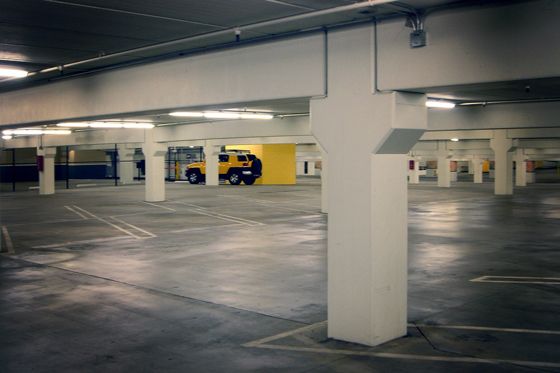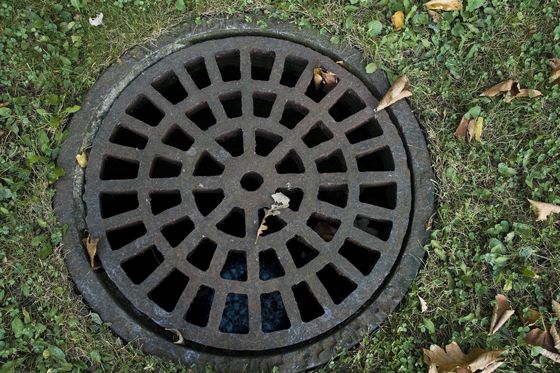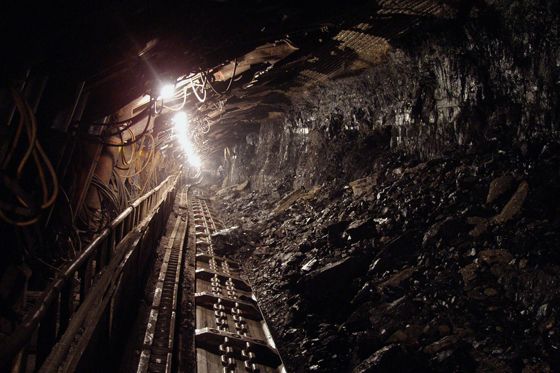
Gas Detection Solutions in Various Environments

Gas Detector for Home and House
Invisible gases like Carbon Monoxide (CO), Methane (CH4) (natural gas), Propane (liquefied petroleum gas), Carbon Dioxide (CO2), Radon, Volatile Organic Compounds (VOCs), and Smoke can accumulate indoors, posing risks of poisoning, fire, or explosion.
These gases are often colorless and odorless, making detection difficult. Installing home gas detectors can protect your family by ensuring constant monitoring and early warning.
LEARN MOREGas Detector for Confined Space
Confined spaces often have poor ventilation and limited space, making them prone to hazardous gas buildup or Oxygen deficiency. Common gases include:
- Oxygen (O2)
- Hydrogen Sulfide (H2S)
- Carbon Monoxide (CO)
- Carbon Dioxide (CO2)
Equipping the multi-gas detector is crucial for ensuring safety in confined spaces by monitoring gas levels and providing early hazard alerts.


Gas Detector for Basement Car Park
In a basement car park, gas detection is essential due to harmful gases like Carbon Monoxide (CO), Nitrogen Dioxide (NO2), and Hydrocarbons (HC), which are produced by vehicle exhausts. They can pose serious health risks, including poisoning and respiratory issues.
For this purpose, GasDog wall-mounted fixed gas detectors continuously monitor air quality and provide real-time alerts when gas levels become dangerous, enabling timely evacuation and response.
LEARN MOREGas Detector for RV Camping
During RV camping, enclosed environments combined with gas-powered appliances can lead to the accumulation or leakage of the following hazardous gases:
- Carbon monoxide (CO)
- Propane (C3H8)
- Methane (CH4)
- Carbon dioxide (CO2)
A portable gas detector alerts you with sound and light when hazardous gases are detected, helping to ensure safety in time-sensitive situations.
LEARN MORE

Gas Detector for Kitchen
Gas leaks in the kitchen can be hard to detect, but they pose serious risks. Whether it's natural gas from the stove, LPG from a gas tank, or Carbon Monoxide from a malfunctioning appliance, they can accumulate without notice. The home gas alarm is a simple yet life-saving device, sounding an 85dB alarm whenever a leak is detected.
LEARN MOREGas Detector for Sewer
Sewer systems often contain hazardous gases such as Hydrogen Sulfide (H2S), Methane (CH4), Carbon Dioxide (CO2), and sometimes Carbon Monoxide (CO) and Oxygen-deficient environments. These gases pose serious risks, including poisoning, explosions, and suffocation.
GasDog industrial gas detectors are designed to provide real-time, continuous monitoring of hazardous gas concentrations, offering rapid detection and response.
LEARN MORE

Gas Detector for Mines
In the dangerous and confined environment of a mine, professional industrial gas detectors are a prerequisite for ensuring the safety of workers. Typically, fixed gas detectors are strategically installed throughout the mine to continuously monitor the presence of dangerous gases such as Methane, Carbon Monoxide, and Hydrogen Sulfide in the air. In addition, mobile portable gas detectors provide miners with the flexibility to check gas concentrations in specific areas while on the move.
LEARN MORE